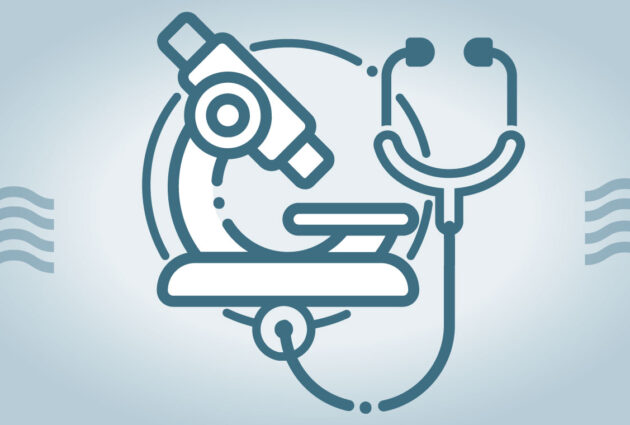Door County’s Partnership Program to Enhance School Readiness for Children
When children are calm and socially connected, their brains have a greater capacity to focus on academic tasks and to effectively problem-solve. “Raising a Thinking Child” and “I Can Problem Solve” work to help calm children’s “emotional brains” by coaching teachers/caregivers to ask their children questions, involve them in the thinking process, and emphasize feelings. This not only increases their likelihood of school success, but also increases their chances for future leadership opportunities.
At a Glance
Educators and public health officials in Door County recognized the growing need to better prepare children with the necessary social skills to be successful in school.
The project results suggest that a uniform evidence-based educational program designed for schools and community settings could help teachers, parents and caregivers improve children’s social, emotional and problem-solving skills, thereby increasing readiness for school and learning.
The Challenge
The project addressed the growing need in to improve school readiness in Door County, recognizing that more children were entering school without the necessary social skills to allow them to be successful in school. Changing social and economic conditions in Door County, including higher rates of unemployment, hunger, child abuse and homelessness, were contributing to young children’s unmet basic needs, creating an inability to self-regulate and adapt to school routines.
Project Goals
The project’s goal was to provide a consistent evidence-based educational program for Door County teachers, parents and children, aged 4-7 years old, to strengthen the children’s social, emotional, problem-solving and self-regulation skills.
Results
The project, a collaboration that included public health experts and educators including Door County Public Health Department, Door County UW-Extension and Sturgeon Bay
- Raising a Thinking Child (RTC) for parents and caregivers in community settings
- I Can Problem Solve (ICPS), for educators and school settings.
The two evidence-based programs have demonstrated effectiveness in developing interpersonal cognitive problem-solving skills in young children, improving parenting skills and parent-child communication, and in decreasing both impulsive and inhibited behaviors in young children. Results included: - The RTC program has reached nearly 70 parents with over 50 parents successfully completing the entire 8-week series and earning a completion certificate.
- In addition, 100 percent of parents surveyed reported that they had shared the information with someone else (co-worker, friend, spouse, etc.) and would recommend the program to other families. The program continues to be open to all families with children ages 4-7, and has successfully served families who have older children with special needs, adoptive families, grand-families, service providers and educators.
- Materials were provided in Spanish, and interpretation services were available to parents throughout the program when requested.
- Through the course of the grant, 40 teachers and community agency partners, included YMCA staff were trained in the ICPS program.
- ICPS was implemented in the weekly curriculum for kindergarten classrooms in the Sturgeon Bay School District.
- Overall, the kindergarten students exceled in gaining social skills.
- Project evaluation showed progressive movement from lower ranking social skills percentiles (35 percent) at the beginning of the year to average ranking (47 percent) percentile scores in the spring.
- Furthermore, those students who perhaps needed intervention the most (i.e., those who ranked high in problem behaviors (13 percent) in the beginning of the year) received the greatest benefit at a change of 20 percentile points overall.
The biggest obstacle faced by the project team was the ability to find volunteers to help with childcare during the RTC class. The team is continuing to work on this challenge.
The results of the Raising a Thinking Child and I Can Problem Solve programs have been documented in reports developed by UW Extension. These documents were shared with members of the Door County Partnership for Children and Families, University of Wisconsin Extension, school staff, and members of the County Board for Door County. Information about the RTC and ICPS programs in Door County has also been shared in a short documentary on the life of Dr. Myrna Shure – one of the developers of the programs.
Looking to the Future
As a result of initial funding from this grant, both the RTC and ICPS programs are well-positioned to be sustained through collaborative community efforts and grant funding, with primary leadership from the Door County Partnership for Children and Families and University of Wisconsin Extension.
Lasting Impact
The benefits shown from both programs are especially striking in that not only do they directly serve the individual child and family, but also they impact the entire school environment as well as the local community (as successful early-intervention programs have been found to lower arrests, drug use, teenage pregnancy, and high school dropouts). If utilized consistently, on a larger scale, these programs have the potential to illicit and sustain positive change.

